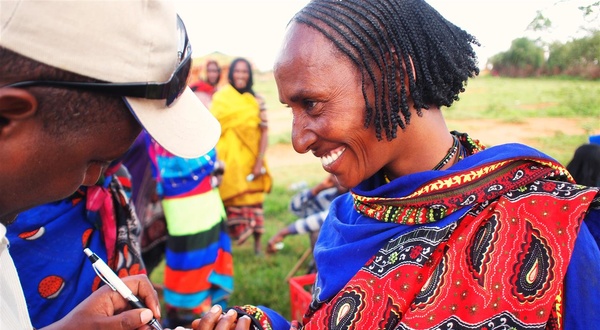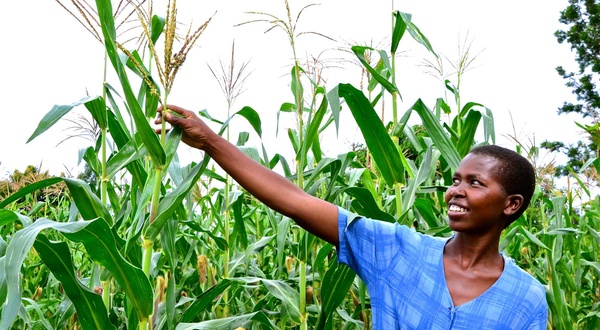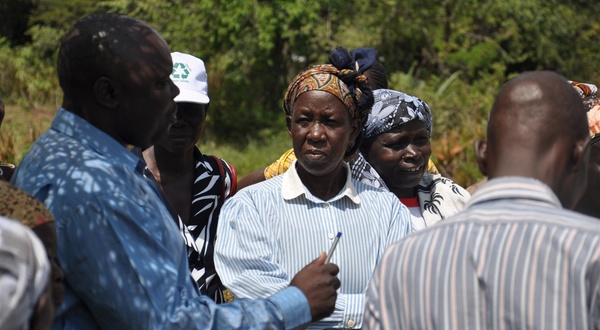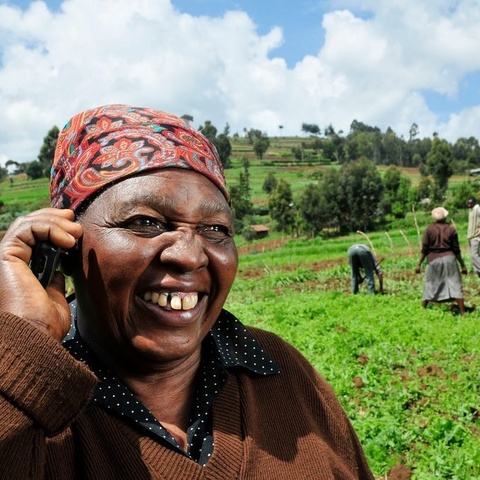Little empirical evidence has been put forth to systematically evaluate which management practices and technologies are CSA. Instead, narratives in support of existing technologies being CSA appear to align themselves with CSA funding streams, but the evidence to support these narratives is often sorely lacking for one or more CSA pillars. There is both an opportunity and a need to improve the design and implementation of major activities in rural development by combining available data and packaging it in accessible and easily interpretable forms for key stakeholders actively promoting CSA.
The groundwork for this has already been laid. The World Agroforestry Centre (ICRAF), CGIAR Research Program on Climate Change, Agriculture and Food Security (CCAFS) and United Nations Food & Agriculture Organization (FAO) have been working together to develop ERA - Evidence for Resilience Agriculture. ERA is a meta-database and set of analytical tools that seeks to facilitate meta-analyses to answer the question: “what is the evidence-base for climate-smart agriculture at the field level?” It documents empirical evidence published in peer-reviewed literature on the impact agricultural interventions have on productivity, resilience and mitigation. ERA assesses more than 100 agricultural practices (e.g., alley cropping, improved feeding of livestock) and more than 40 indicators of climate-smart agricultural outcomes (e.g., gross margin, resource use efficiency, nitrous oxide emissions).
ERA will be constructed into an information system to satisfy demand and deliver data and information to decision makers. This analytical engine will create specific use cases moving the data into the decision-making arena. Increased information (data) will improve the outcomes of decision making and programming and the ultimate effect will be better value for money and improved outcomes for livelihoods and landscapes.
| Key Activities: |
|
| Key Results / Outputs: |
|
| Key Outcomes: |
There is strong demand for these data and information from diverse stakeholders.
|
| Find out more: | Contact Todd Rosenstock |
Photo credit: CCAFS.








